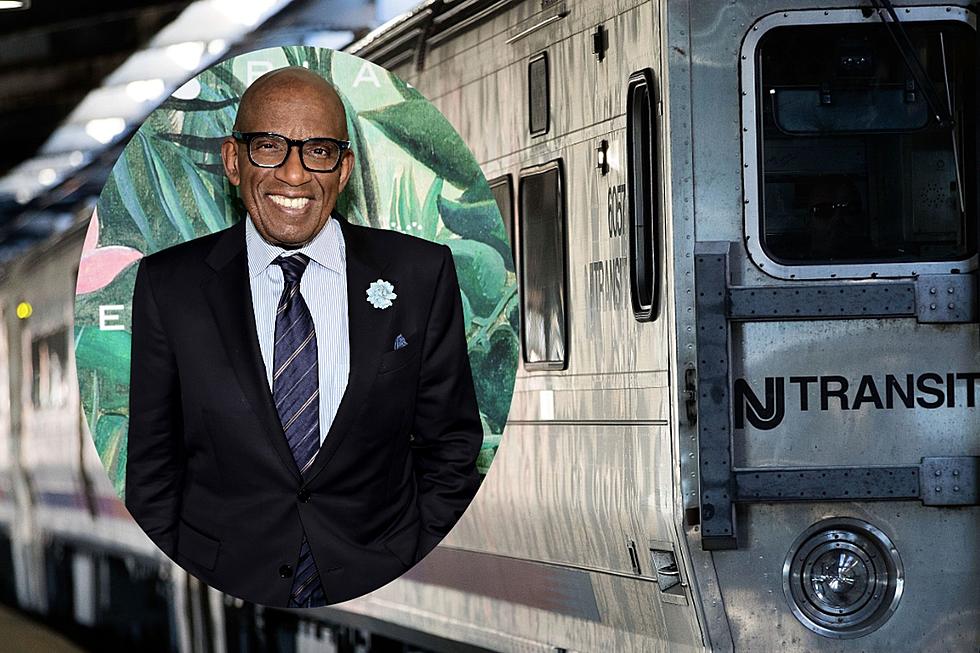Here’s where Murphy says all your higher taxes will go
Gov. Phil Murphy Tuesday outlined a first budget that raises taxes on incomes over $1 million, that raises several business taxes and that restores New Jersey's 7 percent sales tax — originally cut in the deal former Gov. Chris Christie struck to raise the state's gas tax.
It also raises taxes on services like AirBnB and Uber, applies the state's tobacco tax to e-cigarettes and anticipates funds from significant new taxes on legal marijuana.
Murphy says it's a budget that is "balanced both fiscally and morally" and proves "we can be both pro-growth and progressive at the same time and with equal effectiveness."
Here's where Murphy says the taxes supporting his $37.4 billion budget plan would go:
• Public schools and colleges: Murphy said that during his predecessor's administration, property taxes rose by 19 percent, but schools were underfunded by $9 billion. His budget increases investment in public school classrooms by $341 million and starts a four-year phased-in plan toward "fully funding our public schools." Murphy also said the state's funding formula needs to modernized — an effort his predecessor pursued with a non-starter plan that the Democratic legislature flatly rejected because of its anticipated impact on low-income neighborhoods.
"Together, we can fulfill the promises made a decade ago while ensuring that our dollars are spent according to the needs of students and districts today," Murphy said.
The budget would expand pre-K statewide over the next four years, adding an additional $57.6 million to the $25 million in new funding the legislature had already allotted this year.
It would invest in a computer science initiative to ensure all schools have a computer science program, and aim to grow STEM-focused high school programs.
It would increase funding to community colleges by $50 million, which Murphy said was "the first step in making community college tuition-free for all over the course of the next three years."
It increases funds to the state's Educational Opportunity Fund, and creates new grant awards for students at four-year schools. Murphy also pledges a student-loan forgiveness program for those in STEM fields who stay in New Jersey.
• NJ Transit: In Christie's administration, NJ Transit "was effectively starved through draconian budget cuts," Murphy says. His budget would triple funding to the agency — an additional $242 million.
"Like so many of our challenges, fixing New Jersey Transit will not happen overnight, but we are sending a strong signal to our commuters that a better day, and better service, is coming," Murphy said.
• Gun violence research: The budget provides $2 million for a new Gun Violence Research Center to be based at a state university. "Congress has refused to fund such necessary research for over two decades. It is now up to the states to lead," Murphy said.
• Workforce development: The budget creates a "New Jersey Career Network" to help the long-term unemployed gain skills needed to be competitive. The program is based upon the New Start Career Network that Murphy and his wife founded at Rutgers University
• A surplus of $743 million: "It meets our responsibilities for this year and leaves us on a stronger footing for the next. And, I am proud to say, this budget relies less on one-shots than any other in recent memory – less than 1 percent of this budget is non-recurring revenues."
Additionally, Murphy plans to slash corporate tax credits he called "massive giveaways" provided by the Christie administration, directing the State Comptroller to audit the state's tax incentive program. He said New Jersey's tax incentives have cost the state $160,000 for every job created — a fraction of the $22,000 he cited for Massachusetts by contrast.
Murphy also called on legislators to help him raise the state's minimum wage on a path toward $15 per hour, allowing residents making the minimum to "participate in the economy with dignity.
"After all, we know what hard-working families do when they have more money — they spend it in the real economy," Murphy said. "Maybe they will be able to take their family out to dinner. Maybe they’ll be able to afford a summer afternoon on the boardwalk.
"Maybe, a single mother working two jobs to secure a future for her children can afford to work just one, and spend more time with her kids. Or, maybe, in a state with a poverty rate that is still more than 20 percent higher than it was in 2007, they’ll be able to go home at night without fear of not being able to pay the bills, or the rent."
He said he's committed to paid sick leave protections for New Jersey residents and raising the state property tax deduction from its current limit of $10,000 to $15,000.
More From New Jersey 101.5 FM









